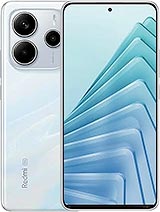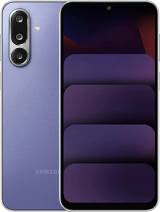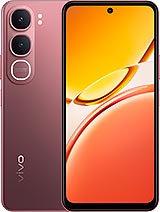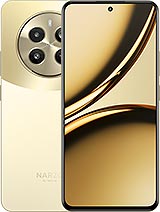Redmi Note 14 alternatives
Tap above to see alternatives.
Samsung Galaxy F36 alternatives
Tap above to see alternatives.
Redmi Note 14

Redmi Note 14
-
Dimensity 7025
6 nm
-
5110 mAh
45W
-
6.67"
1080 x 2400 pixels
-
50 MP
1080p@30fps
-
Specs

Samsung Galaxy F36

Samsung Galaxy F36
-
Exynos 1380
5 nm
-
5000 mAh
25W
-
6.7"
1080 x 2340 pixels
-
50 MP
4K@30fps
- Specs
2x2.5 GHz Cortex-A78
6x2.0 GHz Cortex-A55
4x2.4 GHz Cortex-A78
4x2.0 GHz Cortex-A55
8GB 256GB (UFS 2.2)
8GB 128GB
f/1.5, 26mm (wide), 1/1.95", 0.8µm, PDAF, OIS
8 MP
f/2.2, 21mm (ultrawide)
2 MP
f/2.4, (macro)
f/1.8, (wide), 1/1.96", PDAF, OIS
8 MP
f/2.2, 123˚, (ultrawide), 1/4.0", 1.12µm
2 MP
f/2.4, (macro)
1080p@30/60fps
720p@480fps, gyro-EIS
f/2.2, (wide), 1/4.0", 0.7µm
f/2.2, (wide), 1/3.06", 1.12µm
1080p@30fps
SIM1: Nano, SIM2: Nano
SIM1: Nano, SIM2: Nano (Hybrid)
7 5G bands
n1, n3, n5, n8, n28, n40, n78
9 5G bands
n1, n3, n5, n8, n28, n38, n40, n41, n78
In this performance comparison, the Samsung Galaxy F36 with its Exynos 1380 (5nm) performs better than the Redmi Note 14 with the Mediatek Dimensity 7025 (6nm), thanks to superior chipset efficiency.
Samsung Galaxy F36 launched with Android 15 and will receive updates until Android 21, whereas Redmi Note 14 launched with Android 14 and will get Android 16. Samsung Galaxy F36 will get security updates until 2031 (approx. 6 years), while Redmi Note 14 is supported till 2028.
Both Redmi Note 14 and Samsung Galaxy F36 feature AMOLED displays, offering vibrant colors and deeper blacks. Both smartphones offer the same 120 Hz refresh rate. Both devices deliver the same brightness level at nits. Both phones have the same screen resolution.
Redmi Note 14 comes with a larger 5110 mAh battery, which may offer longer usage on a single charge. Redmi Note 14 also supports faster wired charging at 45W, compared to 25W on Samsung Galaxy F36.
Redmi Note 14 includes an IP64 rating, while Samsung Galaxy F36 lacks an official IP rating.
¹ Scores can vary even with the same chipset due to RAM, thermals, and software optimization.










